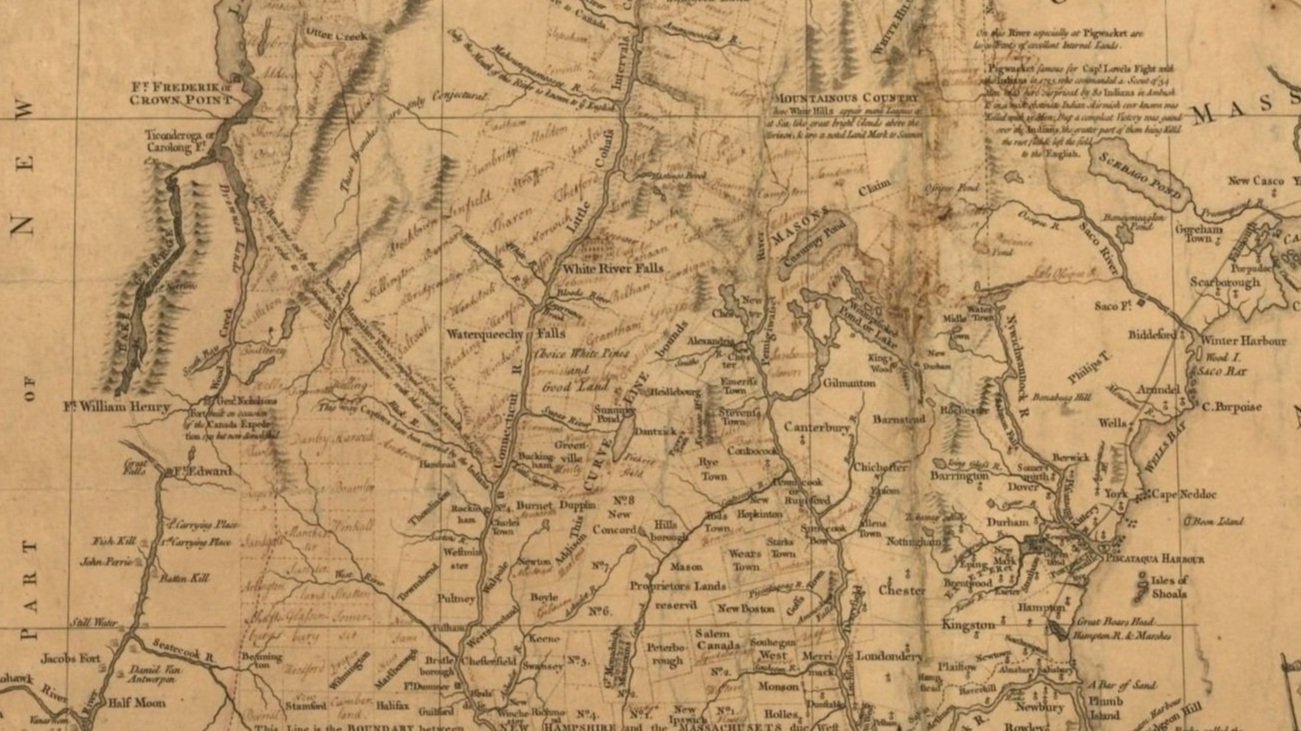
ROAD LAW GUIDE
Auxiliary Service Roads
Bridges
Class VI Roads
Conveyance
Dedication and Acceptance
Definitions
Discontinuance
Discontinued State Highways
Emergency Lane Designation
Failure to Maintain a Class V Road for Five Successive Years
Gates and Bars
Highways to Summer Cottages
How Public Roads are Created
Layout
Legislative Body vs. Governing Body
Municipal Trail Designation
Off Highway Recreation Vehicles
Prescription
Private Roads
RSA 674:41 (Building Permits)
Scenic Roads
Snowmobiles
Types of Roads and Other Designations
Who Owns the Road?
Alfano Law Office Database of Municipal Road Records
Types of Roads and Other Designations
Public roads a/k/a “highways”
New Hampshire highways fall into seven classifications. Classes I through III-a are state highways. Class IV through VI are municipal highways. In certain circumstances, municipalities may attach certain additional designations to highways.
State highways
Class I
All existing or proposed highways on the primary state highway system, excepting all portions of such highways within the compact sections of the cities and towns listed in RSA 229:5, V, provided that the portions of the turnpikes and the national system of interstate and defense highways within the compact sections of these cities and towns shall be class I highways.
Class II
All existing or proposed highways on the secondary state highway system, excepting all portions of such highways within the compact sections of the cities and towns listed in RSA 229:5, V.
Class III
All recreational roads leading to, and within, state reservations designated by the legislature.
Class III-a
Certain boating access highways from certain highways to any public water. All class III-a highways shall be limited access facilities and subject to the layout, design, construction, and maintenance provisions applicable to limited access facilities, except that the executive director of the fish and game department shall have the same authority for class III-a highways that is delegated to the commissioner of the department of transportation for limited access facilities. A class III-a highway may be laid out subject to the condition that it shall not be maintained during the winter months. A class III-a highway may be laid out subject to gates and bars or restricted to the accommodation of persons on foot, or certain vehicles, or both, if federal funds are not used. The executive director of fish and game may petition the governor and council to discontinue any class III-a highway.
Municipal highways
Class IV
Class IV highways are portions of state-numbered highways passing through sections of municipalities mainly occupied by dwellings or buildings in which people live or business is conducted. Following the reclassification to Class IV, the state must improve the highway to a “reputable condition,” and thereafter the municipality maintains the road. The portions of the turnpikes and the national system of interstate and defense highways within the compact sections of these cities and towns shall remain class I highways.
Class V
Class V highways consist of all other local, traveled highways which the municipality has the duty to maintain regularly. This does not necessarily mean commencement of travel and maintenance alone may establish Class V status today, but both must exist for a road to continue its Class V status. “Traveled” may mean use by a limited group of people, such as loggers, hunters and fishermen, provided it is available to the entire public.
Municipalities do not inherit the responsibility to maintain a highway merely because it is traveled, thus making all traveled highways Class V highways. Rather, a Class V highway must be traveled and maintained regularly.
Class V roads are defined in one statute as “town roads.” RSA 229:5,VI.
Class VI
All other public ways, including highways discontinued and made subject to gates and bars and highways the municipality has not maintained in a suitable condition for travel thereon for five successive years, constitute Class VI highways. RSA 229:5, VII. Again, the public have the right to pass over Class VI highways. For more information on Class VI, roads, click here.
The public may use Class IV, V and VI highways for all “viatic” purposes, meaning all purposes relating to travel, including the use by automobiles and parking, and subject to permissible municipal regulation.
Adverse possession available?
One cannot acquire a private interest in a highway by adverse possession.

